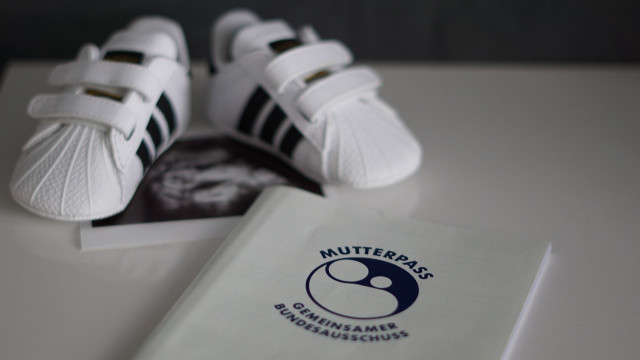
Do you want to find out your blood group? There are different ways to identify them. We will introduce you to the common methods and explain in which situations it is important to know your own blood group.
During pregnancy, before an operation or when donating blood – knowing your own blood group can be relevant in many cases. If you don’t know it, you can easily change that because there are several ways to find out your blood type. In this article we have summarized what these are and what you should know about blood groups in general.
Finding out your blood type: you should know that
In order to find out your blood type, it is helpful to know which variants exist. A total of eight different blood group combinations are distinguished. The four basic groups according to the ABO system are AB, A, B and 0. The Rhesus factor also plays a role, which can be positive or negative. In people who are rhesus positive, something called rhesus antigen is present on the red blood cells. This antigen is absent in Rhesus-negative people. According to the German Red Cross, blood group A positive is the most common in Germany.
Knowing your blood type is important for pregnancy. During medical procedures or childbirth, the blood of the pregnant woman can come into contact with that of the child. If she is rhesus negative but the child is rhesus positive and both bloodstreams come into contact, the pregnant person will produce antibodies against the child’s rhesus positive blood.
This is a slow process in the first pregnancy and is therefore usually not dangerous. If you are pregnant again with a Rhesus-positive child, however, the formation of antibodies can become a problem because it then occurs much faster. According to the Apotheken-Umschau, in the worst case, this can lead to deformities or the death of the child.
The blood group is also relevant for operations, accidents or blood donations. If a transfusion is necessary, rescue workers or doctors must know whether the blood groups of the donor and recipient are compatible. Because of the many possible blood group combinations, this is a complex question. Rhesus-negative people, for example, would not tolerate a Rhesus-positive blood donation due to the formation of antibodies.
How to find out your blood type

(Photo: CC0 / Pixabay / Mylene2401)
There are several ways you can find out your blood type. We introduce you to the most common methods:
-
Blood donation: When you donate blood, your blood is examined for abnormalities and your blood group is determined. You will then find this on your blood donation card. With this variant you also do something good for other people in need.
-
Family doctor: You can also ask your family doctor. He or she can do a blood test to determine your blood type.
-
Documents: If you are pregnant yourself or have already had a child, your blood group is definitely noted in the maternity record. Sometimes you can also find them in your vaccination card. However, the information there is not mandatory.
-
Self-test: You can purchase a self-test from 20 euros in the pharmacy. When doing this, you first moisten the four fields of the test card using a pipette. Then you disinfect your fingertip and prick your finger with the lancet. Now use the sticks provided to apply the blood to the four fields. Use a new chopstick for each square. Then wait about 40 seconds until one of the fields has changed colour. The instructions for use give you information about the result.
Read more on Techzle.com:
- Lower blood sugar: These foods are suitable
- Pregnancy discomfort and how to relieve it
- Blood group diet: It really is that useful